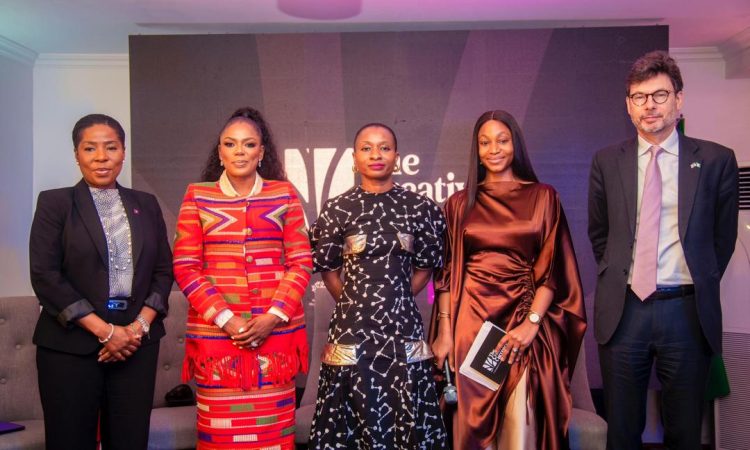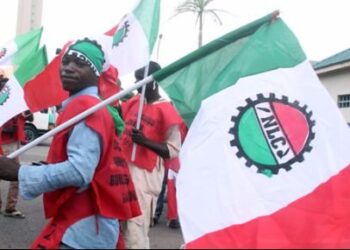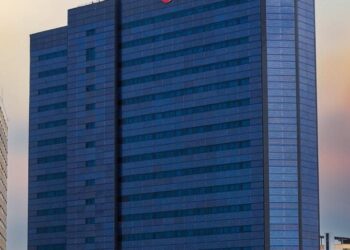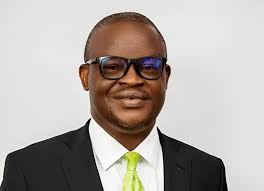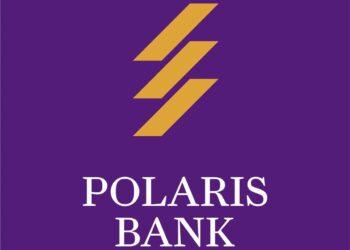Woodhall Capital, in collaboration with Polaris Bank and the governments of Lagos State and the United Kingdom, has launched a ₦1.5 billion Creative Sector Fund to expand structured financing access for entrepreneurs in fashion, film, music, and digital content.
The fund was announced at the launch of the Creative Currency Podcast, an initiative aimed at fostering collaboration among creatives, financiers, policymakers, and global stakeholders. The platform will serve as both a podcast and a policy engagement forum to address key challenges such as limited access to finance, weak intellectual property (IP) enforcement, and inadequate scalable infrastructure within the creative sector.
In May 2022, Polaris Bank partnered with the Lagos State Employment Trust Fund (LSETF) to create a ₦1 billion fund for Lagos artisans. The partnership aimed to provide essential financial support to skilled artisans and entrepreneurs with at least one year of business operations, driving economic inclusion and wealth creation in the state.
Speaking at the launch event held on Thursday evening at the Ikoyi residence of the British Deputy High Commissioner, Polaris Bank’s Executive Director, Abimbola Ozomah, described the new fund as a timely intervention addressing the structural exclusion of creatives from formal financing systems. She emphasized the initiative’s commitment to recognising creative endeavours and intellectual property as bankable assets.
“This fund is more than capital; it reflects our belief in Nigerian creativity as a global force,” Ozomah said. “We are not just exporting talent but also ownership, structure, and long-term value.”
Mojisola Hunponu-Wusu, Founder and CEO of Woodhall Capital, highlighted the need to redefine how the financial system engages with the creative sector. She pledged to provide bespoke financial products, advisory services, and investor-matching support tailored to creative MSMEs.
British Deputy High Commissioner Jonny Baxter reaffirmed the UK government’s commitment to Nigeria’s creative economy, referencing the 2024 UK-Nigeria Creative Industries Partnership as a milestone for unlocking trade, investment, and collaboration between both countries. He praised the fund as a blueprint for global creative cooperation.
Representing Lagos State Governor Babajide Sanwo-Olu, Mrs. Folashade Ambrose-Medebem, Commissioner for Commerce, Cooperatives, Trade and Investment, restated the government’s ambition to position Lagos as Africa’s creative capital. She highlighted the state’s initiatives, including zero-interest loans of up to ₦10 million through the Lagos Creative Fund, policy reforms, and infrastructure investments designed to enable creatives to scale their operations, access markets, and formalise their businesses.
The Creative Currency Podcast is envisioned as a knowledge-sharing ecosystem uniting local talent, global investors, legal experts, and cultural stakeholders to explore opportunities, assess risks, and provide solutions to elevate Nigeria’s creative industries to global standards.
Panelists at the launch emphasized the need for greater structure, transparency, and professionalism within the sector. Creatives were urged to develop business plans, maintain accurate financial records, formalise operations, and protect their IP and royalty rights.
Financial institutions at the event acknowledged the need to reimagine traditional risk models to accommodate the unique features of creative businesses, many of which are driven by intangible assets, flexible revenue models, and export potential.
The event concluded with a call to action for stakeholders to invest in systems, not just stories. There was consensus that a well-structured, collaborative, and adequately funded creative economy will drive job creation, export growth, and global relevance for Nigeria.
Polaris Bank reiterated its strong record of supporting MSMEs, having committed billions of naira in loans to empower micro, small, and medium businesses, drive economic growth, create jobs, and build wealth nationwide.


